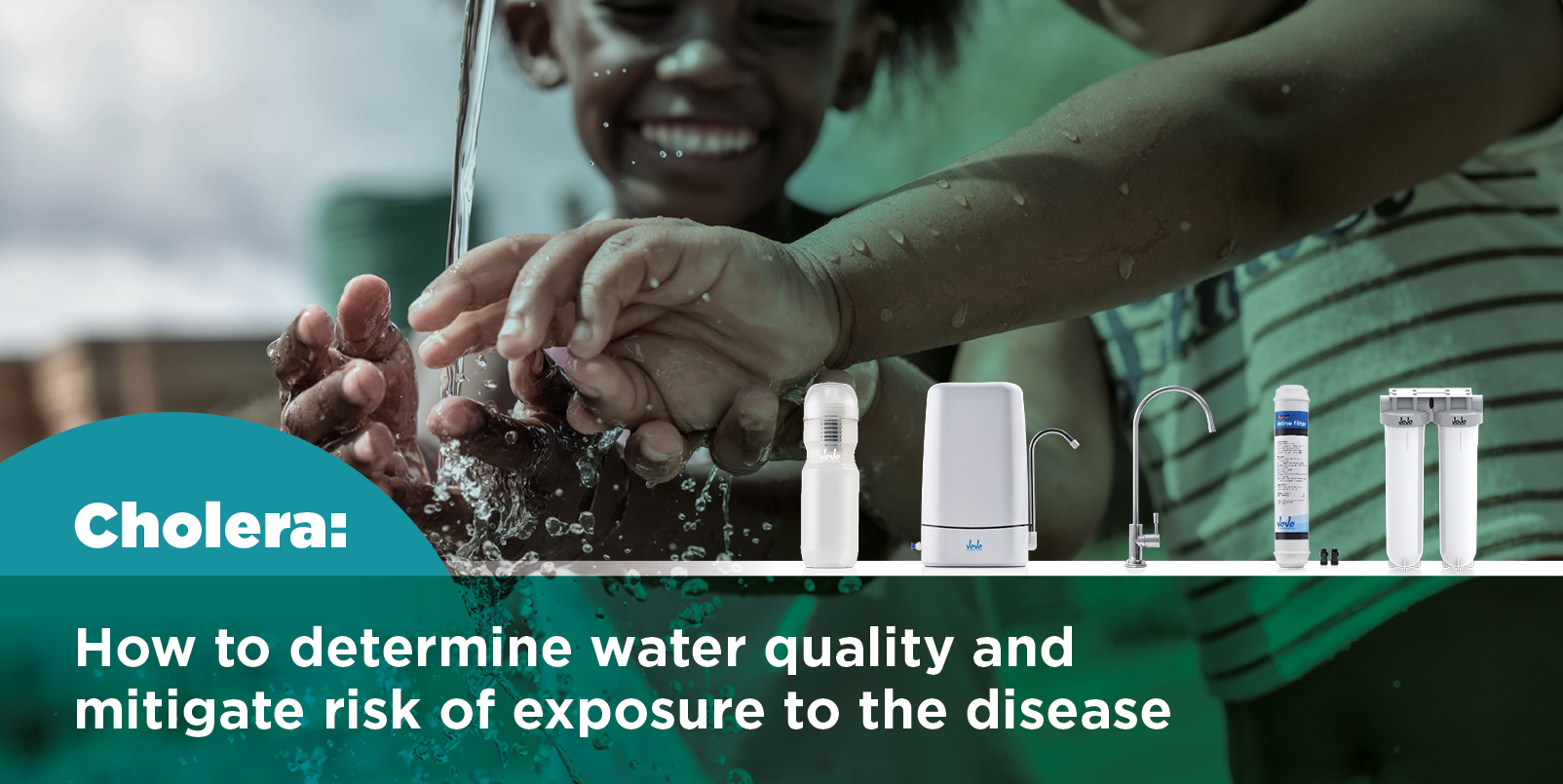Cholera Prevention at Home: 8 Tips to Safeguard Against Cholera Outbreaks
In recent months, we’ve seen alarming cholera outbreaks in areas such as Gauteng, Free State, and Mpumalanga, reminding us of the critical role that clean water plays in safeguarding our health. This infectious disease, caused by contaminated water and poor sanitation, affects thousands of people globally each year. Cholera might seem like a distant problem, but with the right knowledge and preventive measures, we can mitigate the risks right at home.
The primary objective of this blog post is to educate you on the importance of water quality and highlight practical steps you can take to prevent cholera transmission in your own home. Given the current health climate, it’s more important than ever to understand the risks associated with cholera and take proactive steps to protect our families and communities.
In the coming sections, we’ll explore the causes and symptoms of cholera, and most importantly, discuss ways you can maintain a cholera-free home. Through a combination of ensuring clean water sources, good hygiene, and safe food practices, you can effectively guard against this severe disease. Let’s explore how we can turn our homes into safe havens against cholera!
Understanding Cholera and Its Transmission
Cholera is an acute diarrhoeal disease caused by the bacteria Vibrio cholerae. It’s a fast-acting disease that, if left untreated, can cause severe dehydration and even death within hours of onset. Cholera is primarily transmitted through contaminated water and food sources, making it a significant concern in regions where access to clean water and proper sanitation is a challenge.
The disease is not directly transmitted from person to person. Instead, it spreads through the ingestion of water or food contaminated with the Vibrio cholerae bacterium. Poor sanitation and hygiene practices significantly contribute to cholera transmission, as the bacterium thrives in environments where human waste can easily contaminate water and food supplies. This correlation underscores the importance of clean water and proper sanitation in preventing cholera.
Cholera FAQ – What you need to know in a nutshell
What is cholera?
Cholera is an acute diarrhoeal infection caused by ingestion of food or water contaminated with the bacterium Vibrio cholerae. It is a fast-acting disease that can cause severe symptoms and potentially death within hours of onset if not promptly treated.
Where does cholera come from?
Cholera is most often contracted from drinking water or eating food that has been contaminated with faecal matter containing the Vibrio cholerae bacteria. This can occur in areas with poor sanitation and inadequate treatment of sewage and drinking water. Outbreaks are often associated with poverty, conflict, or natural disasters where infrastructure for clean water and sanitation is inadequate or damaged.
How dangerous is cholera?
Cholera can be extremely dangerous and even fatal if not treated promptly. The disease causes severe dehydration due to rapid loss of body fluids, which can lead to shock, organ failure, and death if not corrected. However, with immediate treatment, the fatality rate can be less than 1%.
Can cholera be cured?
Yes, cholera can be effectively treated with oral rehydration solution (ORS), which replaces lost fluids and electrolytes. More severe cases may require intravenous fluid replacement. Antibiotics can also be used to reduce the duration of diarrhoea and the volume of rehydration fluids required.
Who is most at risk for cholera?
While anyone can get cholera, those with lower immunity such as malnourished children or people with HIV are at a greater risk. People in areas with inadequate water treatment, sanitation, and hygiene are also at increased risk.
How can you prevent the spread of cholera?
Preventing cholera involves ensuring access to clean water, maintaining good personal hygiene, practicing safe food handling and storage, and raising awareness about the disease.
How to prevent cholera at home?
At home, you can prevent cholera by:
- Ensuring a reliable source of clean water.
- Regularly washing hands with soap and clean water, especially before handling food or eating and after using the toilet.
- Thoroughly cooking food, especially seafood and raw vegetables, and avoiding raw or undercooked food.
- Properly storing food in clean, sealed containers and keeping perishable items refrigerated.
- Maintaining good sanitation practices, including keeping toilets or latrines clean and functional.
- Regularly cleaning your environment and eliminating potential breeding sites for mosquitoes.
- Educating family members about cholera, its transmission, and prevention methods.
- Being vigilant for any signs or symptoms of cholera and seeking immediate medical attention if symptoms appear.
What are the symptoms of cholera?
Cholera is characterised by sudden onset of severe, watery diarrhoea, which can lead to severe dehydration and even death if untreated. Other symptoms may include vomiting, rapid heart rate, loss of skin elasticity, dry mucous membranes, low blood pressure, thirst, and muscle cramps.
How can I ensure clean water sources at home?
Ensuring clean water sources at home involves having a reliable water supply and treating water for safe consumption. This can be done by boiling water or using water purification methods such as filtration or chemical disinfection. Products like JoJo’s water filters can significantly help in purifying water, removing bacteria, viruses, parasites, and other contaminants.
Mitigating Risk of Exposure to Cholera
To mitigate the risk of cholera exposure, it’s essential to focus on several key areas: water treatment, sanitation improvement, safe food practices, and public health education.
Water treatment plays a pivotal role in ensuring safe consumption. By treating our water, we can eliminate harmful bacteria, including Vibrio cholerae, thereby reducing our exposure to the disease. On the other hand, improved sanitation practices help to prevent the bacterium from entering our water and food supplies, thus breaking the chain of transmission.
Proper food handling and preparation is another crucial aspect in reducing the risk of cholera contamination. Ensuring that our food is clean and well-cooked can significantly decrease the risk of ingestion of the bacteria.
Lastly, public health education is instrumental in raising awareness about cholera and promoting the preventive measures needed to combat the disease. By educating ourselves and those around us, we become equipped with the knowledge and practices to maintain a cholera-free environment.
How can you protect yourself from cholera at home?
Cholera prevention at home revolves around ensuring cleanliness, maintaining good hygiene, and managing water and food safety. Here are eight practical and effective steps to protect yourself and your loved ones:
#1 – Ensure Clean Water
A reliable source of clean water at home is the first line of defence against cholera. Boiling water for at least one minute can kill cholera bacteria, but in addition to this, employing water purification methods such as filtration is highly effective.
JoJo’s range of water filtration products, including the Countertop Filter and the Undercounter Filter, utilise advanced Disruptor™ and Electroadsorption technology to trap and remove harmful bacteria, viruses, and parasites, and even trace pharmaceuticals. This provides peace of mind that the water you drink and cook with is as clean and safe as possible.
#2 – Practice Good Hygiene
Regular handwashing with soap and clean water is an essential hygiene practice that prevents the spread of many diseases, including cholera. Make sure to wash your hands thoroughly before handling food and after using the toilet.
#3 – Safe Food Preparation
When preparing food, use clean utensils and ensure that all food, especially seafood and raw vegetables, is cooked thoroughly. Consuming raw or undercooked food increases the risk of cholera and other foodborne illnesses.
#4 – Proper Food Storage
To prevent contamination, store food in clean, sealed containers, and keep perishable items refrigerated at safe temperatures. This helps to inhibit the growth of harmful bacteria that can lead to foodborne diseases.
#5 – Sanitation and Waste Disposal
Maintaining proper sanitation practices within the household is crucial. Ensure that toilets or latrines are clean, functional, and hygienic, and dispose of human waste safely and far away from water sources to prevent contamination.
#6 – Maintain a Clean Environment
Keeping the surroundings of your home clean and free from stagnant water can help to prevent the proliferation of disease-spreading organisms. Eliminating potential breeding sites for mosquitoes can further protect your household from other waterborne diseases.
#7 – Educate and Raise Awareness
Education plays a key role in cholera prevention. Encourage your family members to learn about cholera, its transmission, and preventive measures, and encourage them to follow good hygiene practices.
#8 – Monitor for Symptoms
Lastly, it is important to be vigilant for any signs or symptoms of cholera, such as severe diarrhoea and vomiting. If these symptoms are observed, it is critical to seek medical attention promptly. Early diagnosis and treatment can significantly improve the prognosis of cholera.
In Conclusion
The battle against cholera and other waterborne diseases is a collective effort that begins at home. Ensuring water quality, maintaining strict hygiene, practicing safe food handling, and creating awareness about the disease are key to keeping our families and communities safe.
Remember, water plays a significant role in cholera transmission, making it a critical point of focus. JoJo’s high-quality water filtration systems also provide an excellent solution to safeguard your household’s water supply.
They not only improve the taste of your water but also significantly reduce the risk of waterborne diseases, helping to safeguard the health and wellbeing of you and your family.
By taking these precautionary steps, we can each contribute significantly to cholera prevention at home and beyond. Remember, every drop of clean water counts!

